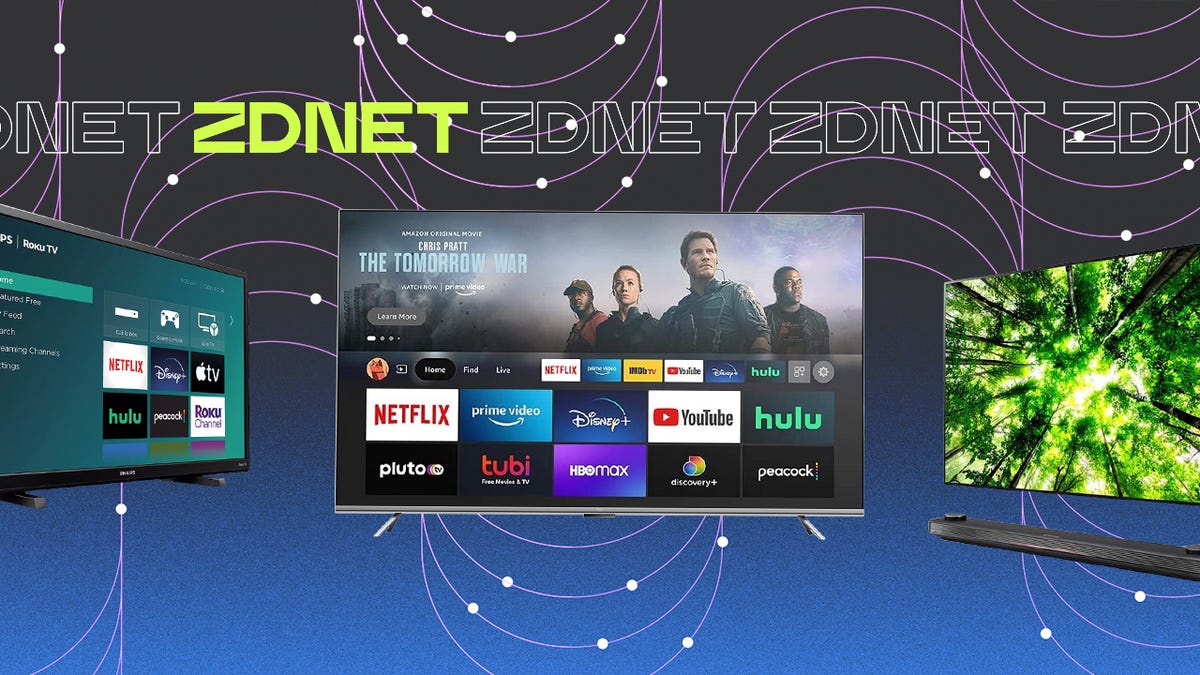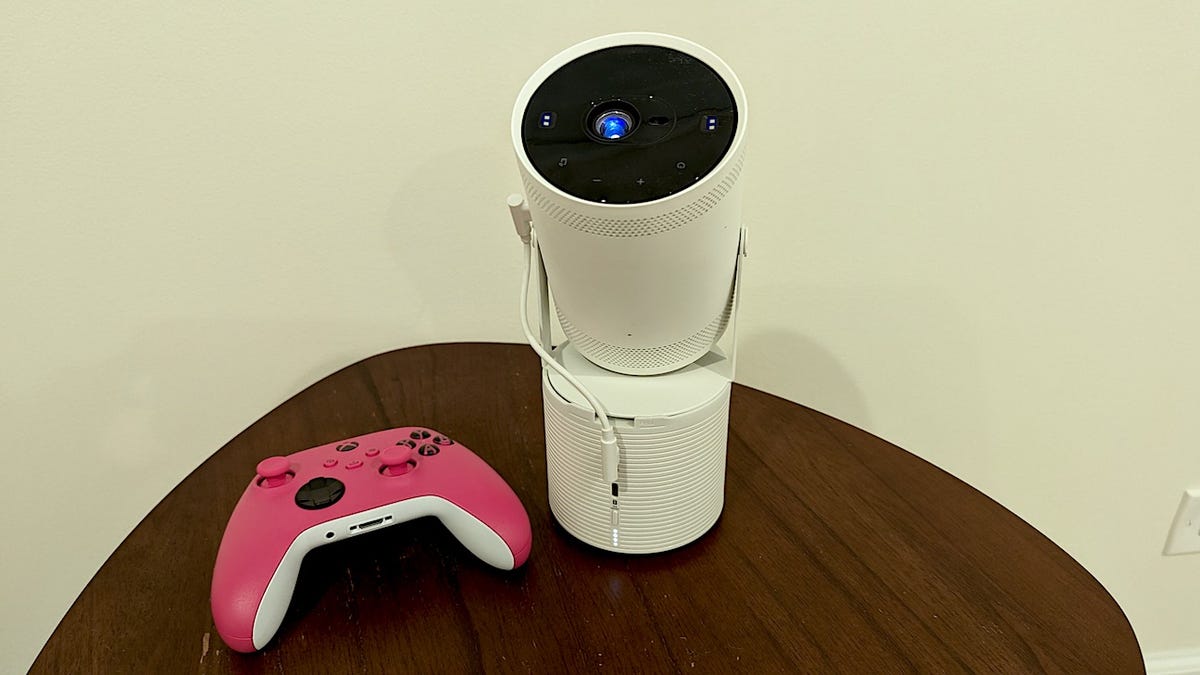BOOK THIS SPACE FOR AD
ARTICLE ADLet's talk about buying, selling, and holding crypto. The first thing to know is that cryptos are very different from other stuff that you invest in. When you buy gold, you actually get coins (or bricks) of the shiny metal. You can keep these coins safe in... a safe! When you buy a house, you actually get physical "possession" of it.
Crypto is very different. You start by generating a "wallet". This is what a typical Bitcoin wallet looks like:
[private] => 4dbc14f358dd8460e0385a7f6bf41543bfbd18536df17663b506fb39e888e8b4
[public] => 025df5e6c5745cc3a7a710b0b3ee5b45ed283b80e667719f9775a55442dd769e71
[address] => 163oHghC4NBoJtTRdwQzZTJk14BeVt51Jg
[wif] => KyppLYGbQd2eByxJmh1hA9L3fEdwefugp58cLC74kCv8Yi4WAUXQ
If you write this down on a piece of paper, it would be called a... paper wallet. Usually, people store their crypto in a mobile or Web wallet. That's a mobile app or Web service that stores your keys and addresses.
The address is similar to your bank account or UPI ID. Anyone can send crypto to your address. If you send crypto to the "wrong" address, it's gone forever! Also, remember that the same address doesn't work for all cryptos e.g. a Bitcoin address won't work for Dogecoin.
The private key is what you would need to "sign" transactions i.e. to send crypto to someone else. If someone gets hold of your private key, they can transfer all your crypto to another address. This is what happens in most crypto "hacks".
There are many ways in which you can buy, sell and hold crypto
The most common is to use a crypto exchange. A crypto exchange authenticates you using your username, password, and email / SMS OTP (one-time-password). Once you are logged into your account, you can transfer fiat (rupees, dollars, etc.) to your account and use it to buy crypto. Similarly, you can sell the crypto and get the fiat into your bank account.
The problem with the centralised exchange method is that the crypto is not in your "wallet". It's in the exchange's wallet. So if the crypto exchange packs up or the team decides to vanish with your crypto, there is virtually nothing you can do.
You should use crypto exchanges only for trading. If you are going to hold the crypto for a longer period, then you should use a paper wallet, a hardware wallet, or a software wallet. These are called "non-custodial" wallets because no one else has custody of your private keys, only you do. In fact there's a saying in the crypt world that goes "Not your keys, not your coins".
Paper wallets are inconvenient to use but are the safest option. Consider using them if you have a large amount of crypto to keep for a long period of time.
Hardware wallets are a little pricey and there's always the risk of losing or breaking them. I am speaking from experience!
Software wallets are free and very easy to use. But if you accidentally delete them, your crypto is gone forever. Again, I am speaking from experience! So remember to back up the seed phrase - a bunch of words that you can write down.
An example of a seed phrase is:
history lumber quote board young dove robust kit invite plastic regular skull
If you are just getting started, I would recommend that you download Trust Wallet, the most popular software wallet. It supports 53 blockchains and more than 160,000 cryptos and digital assets. You can buy cryptos using a credit card and even earn interest on your crypto balance.
Another cool way of trading crypto is to use "swapping" services like Uniswap which you can use for trading Ethereum ERC-20 based tokens. These are also called decentralised crypto exchanges. See figure below:
![]()
Rohas Nagpal is the author of the Future Money Playbook and Chief Blockchain Architect at the Wrapped Asset Project. He is also an amateur boxer and a retired hacker. You can follow him on LinkedIn.
Interested in cryptocurrency? We discuss all things crypto with WazirX CEO Nischal Shetty and WeekendInvesting founder Alok Jain on Orbital, the Gadgets 360 podcast. Orbital is available on Apple Podcasts, Google Podcasts, Spotify, Amazon Music and wherever you get your podcasts.
.png)
 3 years ago
340
3 years ago
340 














 Bengali (Bangladesh) ·
Bengali (Bangladesh) ·  English (United States) ·
English (United States) ·